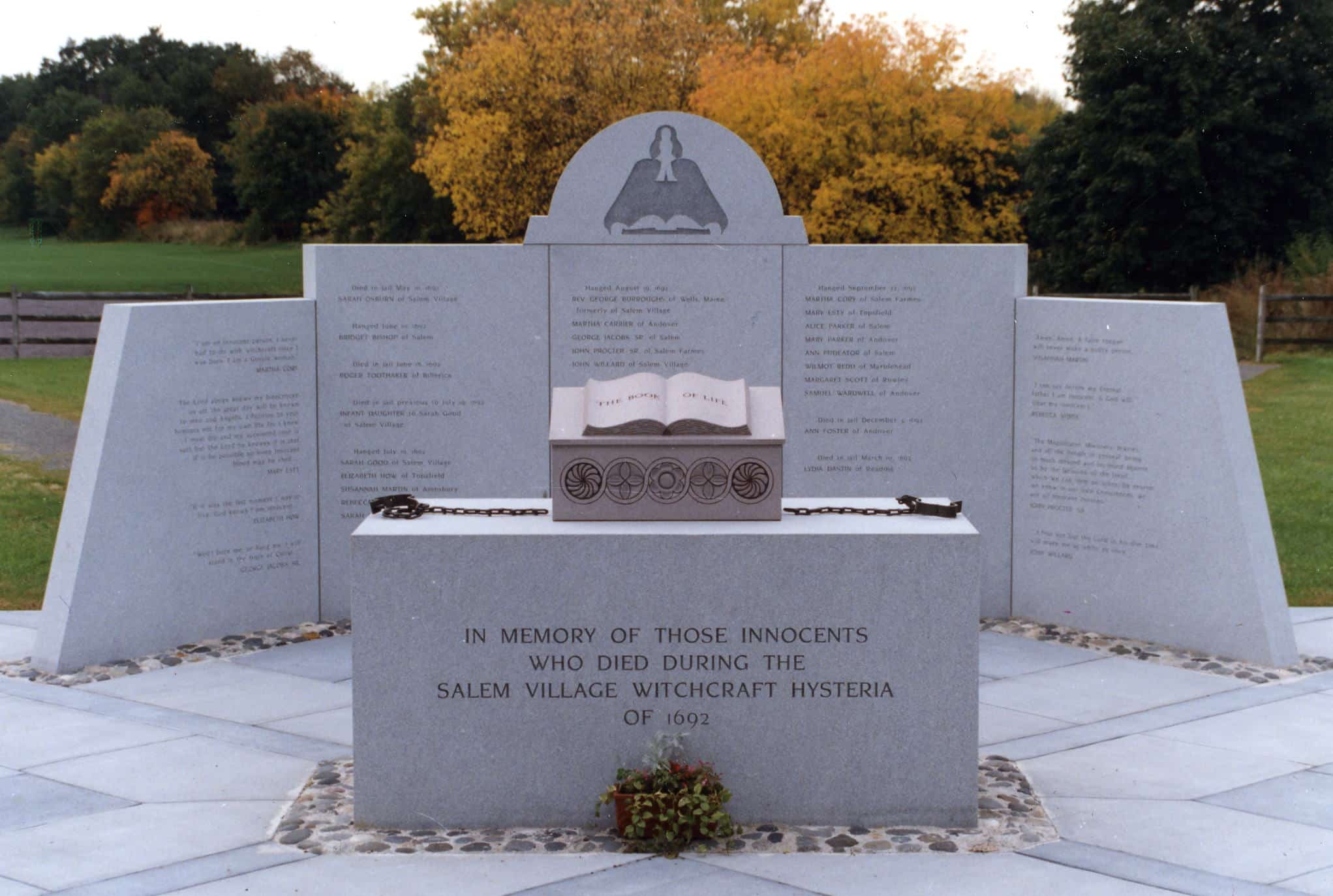Peter Sergeant was one of the magistrates who were appointed to serve on the Court of Oyer and Terminer by Governor William Phips during the Salem Witch Trials that would claim the lives of over twenty townspeople through executions and prison deaths.
Jump to:
Life and Salem Witch Trials
There is very little written about Peter Sergeant.
It is known that he migrated to Massachusetts Bay Colony from London, England, around 1667. Once arriving, he found success as a merchant and seemed to gain some influence and prestige within the colony.
Just seven years after arriving in one of the 13 original colonies, he served as town constable, and by the time of the Salem Witch Trials, he was seen as someone with enough discernment to hold the position of magistrate.
During the 1689 Boston revolt, he participated in the Committee of Safety that ousted Governor Edmund Andros.
Peter had four wives throughout his lifetime:
- Elizabeth Corwin
- Elizabeth Shrimpton (his wife during the Salem Witch Trials)
- Mary Phips
- Mehitable Cooper
Gover Phips appointed a Sergeant as a magistrate during the trials, and his participation during the trials is unclear.
He certainly supported the trials and did not seem to question the executions or the use of spectral evidence. There is no record of him apologizing for what occurred, unlike his peer Samuel Sewall. It seems that he fell in line with John Hathorne, Jonathan Corwin, William Stoughton, and others.
If he had spoken against the trials, there would most likely be a record of it, and the lack of that record suggests his support.
He served on the court until Governor Phips dissolved it in October of 1692.
After the trials, he would return to his normal life. His wife at the time would pass, and he would marry another two times before dying in 1714.

